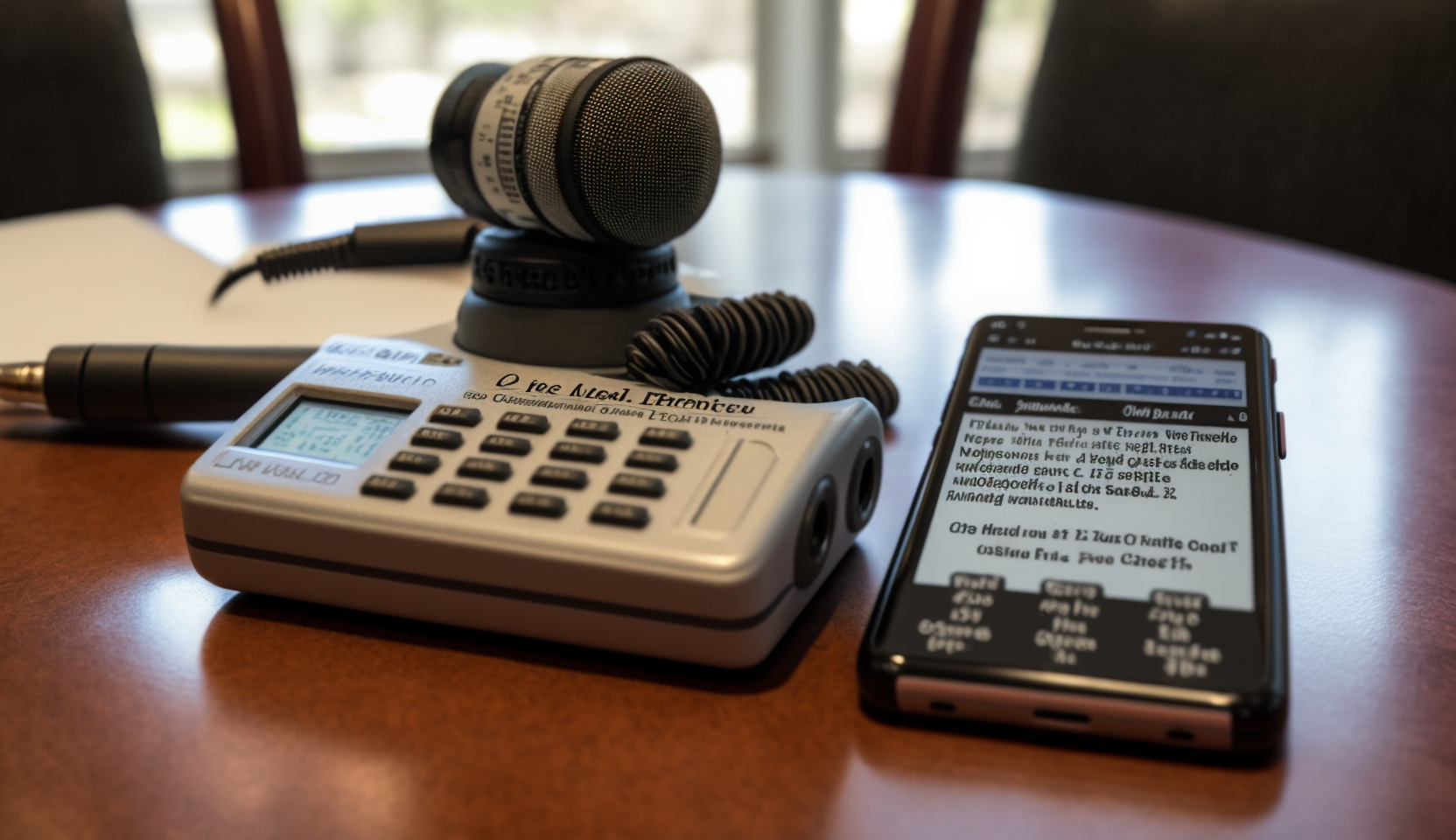When to Record Calls: Know Your Rights and Best Practices
Introduction
Phone calls can be key evidence in consumer protection case. When you record calls is essential to know your rights. At Clanton Law Office, we focus on helping consumers in Texas, New Mexico, Nebraska, and Wisconsin navigate the complexities of fair credit reporting act cases and related statutes. We pride ourselves on working exclusively for consumers, never representing banks, credit reporting agencies, or debt collectors. One frequent question we receive from clients is about recording telephone calls – whether it’s allowed, if the other party’s disclosure of recording grants permission, and the best methods for recording. This article will address these questions and provide practical advice on this topic.
Recording Laws in the United States
In the U.S., telephone call recording laws fall into two categories: one-party consent and two-party consent states. In one-party consent states, only one person involved in the conversation needs to consent to the recording. Texas and Wisconsin are examples of one-party consent states. In two-party consent states, like New Mexico and Nebraska, all parties must give their consent before recording the conversation. To learn more about recording laws in these states, visit our practice areas page.
Recording Calls with Debt Collectors and Credit Bureaus
When you hear the message, “this call may be recorded,” it’s the other party obtaining consent to record the conversation. By staying on the line and continuing the conversation, you’re implicitly giving consent to be recorded. In a one-party consent state, the business’s disclosure doesn’t necessarily grant you explicit permission to record the call. However, since they have already disclosed their intention to record the call, you should generally be able to record the conversation as well. In two-party consent states, it’s a good idea to inform the other party that you also intend to record the conversation to ensure compliance with the law. To dive deeper into this subject, check out our call page.
Understanding Your Rights as a Consumer
Under the Fair Credit Reporting Act (FCRA) and related statutes, consumers have certain rights. Recording calls can be useful in pursuing consumer protection cases, such as disputes with debt collectors and credit bureaus. For example, if a debt collector violates the FCRA or engages in debt collection harassment, having a recorded conversation as evidence can strengthen your case. To learn more about your rights and how we can help, visit our credit reporting errors page.
Best Practices for Recording Calls
When recording calls, it’s essential to follow legal and ethical guidelines. Here are some tips:
- Familiarize yourself with the call recording laws in your state. See here is a link to the Reporter’s Committee for Freedom of the Press, they keep up to date and you can find some good info there.
- If you’re in a two-party consent state, inform the other party of your intention to record the call.
- Use a reliable call recording app or device to ensure good audio quality.
For more practical advice on dealing with debt collectors and credit bureaus, check out our debt defense and coerced debt pages.
Real-Life Examples and Stories
Here are two stories that illustrate the importance of recording calls:
- John, a consumer in Texas, received a call from a debt collector who used abusive language and threatened legal action. John recorded the conversation, which later helped him prove the collector’s violation of the FCRA.
- Sarah, a Wisconsin resident, noticed inaccuracies on her credit report and called the credit bureau to dispute the errors. She recorded the conversation, during which the representative admitted to their mistake. This recording provided vital evidence when Sarah later decided to pursue legal action against the credit bureau for failing to correct her credit report.
These stories highlight how recording calls can serve as powerful evidence in consumer protection cases. To read more real-life examples and learn about our clients’ experiences, visit our blog.
Conclusion
Understanding the laws and best practices for recording telephone calls is crucial for consumers who want to protect their rights and build strong cases against debt collectors and credit bureaus. By knowing the difference between one-party and two-party consent states, following ethical guidelines, and using reliable recording methods, you can gather valuable evidence for your case.
At Clanton Law Office, we’re committed to helping consumers navigate the complexities of consumer protection law. If you have questions about recording calls, dealing with debt collectors, or credit reporting errors, don’t hesitate to contact us or schedule a consultation with our experienced team. We’re here to help you every step of the way.
TL;DR: This article discusses the importance of understanding call recording laws and best practices in the United States, particularly for consumers dealing with debt collectors and credit bureaus. It covers the differences between one-party and two-party consent states, the implications of businesses disclosing their intent to record calls, and the rights consumers have under the Fair Credit Reporting Act (FCRA) and related statutes. The article also offers tips on recording calls legally and ethically and shares real-life examples demonstrating the value of recorded calls as evidence in consumer protection cases.


